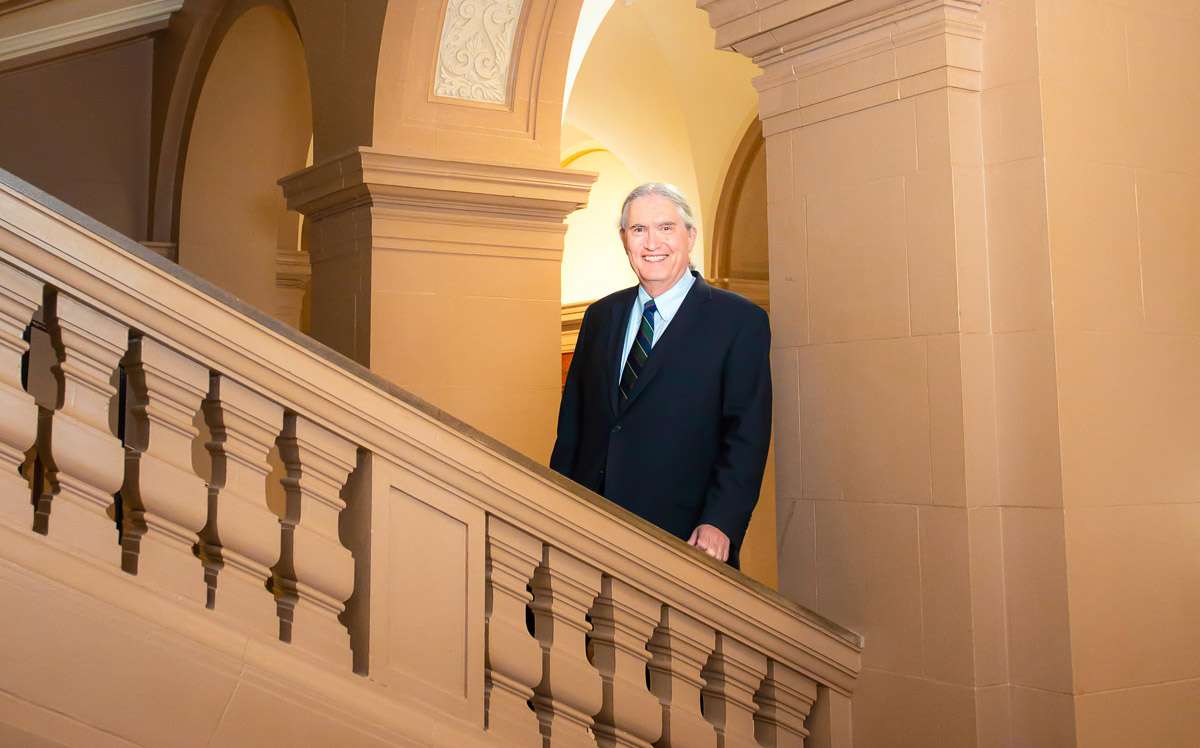
Volunteer lawyers can make all the difference for people unable to afford attorneys
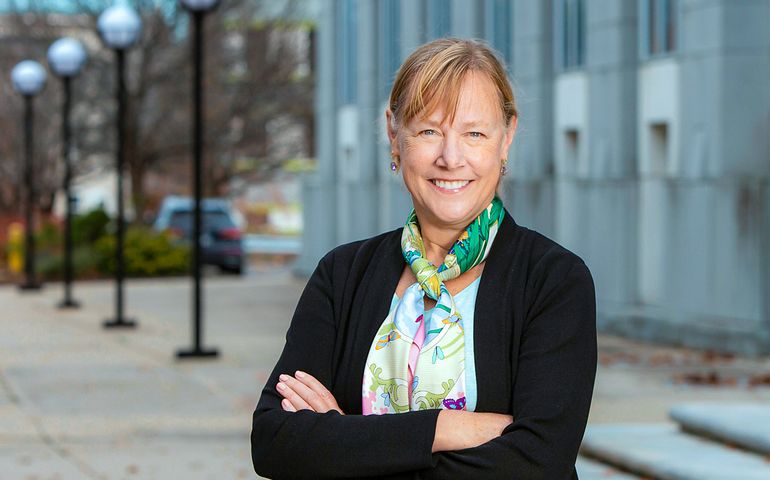 Photo / Tim Greenway
Elizabeth Stout, executive director of the Maine Volunteer Lawyers Project, says many people need and want legal representation who cannot obtain it without pro bono services.
Photo / Tim Greenway
Elizabeth Stout, executive director of the Maine Volunteer Lawyers Project, says many people need and want legal representation who cannot obtain it without pro bono services.
Dave Canarie recalls a phone call with a domestic violence survivor who was in court trying to file a motion to extend a protection order.
“She didn’t know what words to use or how to explain her need for continued protection, and she was coming up on a deadline,” he says.
She needed to meet the deadline before the order expired. “So I explained to her the statute that she had to satisfy to extend an existing order,” he says. “It was an easy question for me to answer, but she never would have known. That was only a half-hour call, but it helped her out immensely.”
Canarie is an experienced attorney who serves as chief transactions counsel and vice president at Unum Group (NYSE: UNM), a disability insurer and group benefits provider with a large presence in Maine.
He’s also a regular volunteer with the Maine Volunteer Lawyers Project. As part of the project’s Domestic Violence Pro Bono Panel, he appears at the Portland District Court and courts throughout the state, either in person or via Zoom appearances representing people seeking protection from abuse orders.
After taking his first such case in 2005, Canarie saw the pressing need for survivors to be represented by counsel. “It’s often an escalating cycle of abuse,” he says. “By the time the survivor shows up in court, it’s really a big deal for them to take that courageous step.”
While many defendants have lawyers, plaintiffs often don’t. “That’s a big disadvantage for the survivor,” says Canarie. “The literature shows that, many times, when plaintiffs are confronted with that situation, they drop the case. Conversely, if they’re represented by counsel, there’s a much higher probability that they’ll go through with their day in court.”

Enormous need
Pro bono counsel can make all the difference for people unable to afford attorneys but trying to navigate the law.
“The unmet need is enormous,” says Elizabeth Stout, executive director of Volunteer Lawyers Project.
Rooted in a 1983 partnership between Pine Tree Legal Assistance and the Maine Justice Foundation, Volunteer Lawyers Project in 2017 became a separate nonprofit organization that recruits, trains, manages and supports volunteer attorneys, students and community volunteers, connecting them with clients on civil legal issues. Services are free to Mainers with low incomes.
The volunteer group operates on about $450,000 for a staff of seven, rent for offices in Bangor and Portland and office expenses. Between 200 and 300 lawyers volunteer for the program.
Services include full representation on a wide variety of civil legal matters, including bankruptcy, benefits appeals, real estate matters, probate matters, wills and more; and limited representation clinics on:
- Domestic violence
- Family matters
- Small claims
- Employment matters, together with the Southern Maine Worker’s Center
- Civil legal problems related to homelessness, together with Preble Street Resources
- Other civil legal matters, including the Acadia Hospital Clinic, Wabanaki Public Health and Wellness Clinic and Small Business/Non-Profit Legal Clinic
In the majority of cases — one statistic cites over 80% — people are unrepresented on one or both sides, says Stout.
“Many people need and want legal representation who cannot obtain it,” she says.
Volunteering time
Domestic violence cases are a priority. Sometimes Canarie picks up pro bono cases at Portland District Court, where Through These Doors, an organization working to end domestic violence in Cumberland County, looks for unrepresented plaintiffs and connects them with volunteer lawyers.
“I meet with the client, talk about the case and the clock is ticking because this is their court day,” describes Canarie. “They’re going to have a hearing, sometimes within an hour after I arrive in court.”
He also handles cases in other state courts, often appearing via Zoom since the pandemic.
The amount of volunteer work depends on the cases.
“It could be 100 hours plus per year, with a lot of work at night or on weekends,” says Canarie.
A recent telephone consult was half an hour. Another case took seven months.
Early on, Canarie was “terrified at the prospect of appearing in court. I was a corporate lawyer. I’d been in court maybe once to get sworn into the bar and literally that was it. I needed training.”
Volunteer Lawyers Project provided training and domestic violence advocates were helpful. Canarie was instantly engaged. “I could see first-hand the value of having a lawyer for someone seeking protection from abuse,” he says.
Canarie often devotes weekends to the work. When he volunteers during the weekday, Unum has been supportive.
“Unum doesn’t make me take vacation time when I do this work,” he says. “Unum wants to be a good corporate citizen and really demonstrates that by supporting community work.”
Life changing
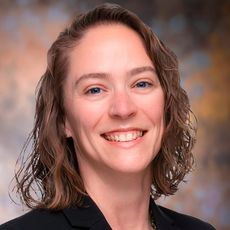
A new lawyer on the panel is Allison Kuhns, an associate with Pierce Atwood who has been practicing law since January 2021.
She discovered the Volunteer Lawyers Project through its online domestic violence panel training.
“They were looking for people to help. I immediately signed up,” she says.
Recently, Kuhns represented a client who had been in an abusive relationship for years. The client had looked into getting protection orders in the past, but had always dropped the case.
“Navigating the court system was difficult for her,” says Kuhns. “When I started working for her, I was able to do things like file a request for records with the Department of Health and Human Services. I helped her better understand what her options were.”
Ultimately, Kuhns, said she was able to get a protection from abuse order for her.
Kuhns has continued to talk with her client.
“She said that, especially with her children, she’s seen massive changes,” she relates. “There used to be behavior problems and they didn’t want to do anything. Now her son wants to play basketball and they’re doing their homework.”
She continues, “Just being there to help her navigate the process and check all the right boxes along the way, and helping her understand her options, has been life-changing for her and the kids. That’s why we do this.”
Navigating the system
Before 2020, VLP served 2,000 to 3,000 people per year, most through walk-in clinics throughout Maine.
Walk-in services closed in 2020 and shifted to electronic communications, with about 2,000 cases processed in 2021. Since then, Stout has added two part-time positions and streamlined the intake system.
“But we’re still not as fast as we were when we could do walk-ins,” Stout says.
Recently, the Volunteer Lawyers Project was working on about 265 open cases and Stout predicted the overall number for 2022 would be about 2,000 clients.
“Instead of walking in or calling on the phone, we now have them contact us electronically,” with an eventual goal of resuming walk-ins, she adds.
Stout says difficulties unrepresented people face include unresolved legal problems and more complications down the line. Those trying to navigate the system on their own risk making mistakes and returning to court repeatedly – costing money and time for both litigants and the court.
Stout recalls being in court on another matter and witnessing a case in which neither side had an attorney.
“The judge was trying to explain procedure to them,” she recalls. “It took the judge an hour to process that case. I and my clients and the other attorney and their client and their six witnesses were waiting in the hall and you could hear the money run. Lawyers bill at $300 per hour to start, the court’s backed up and they don’t have enough time for my case. The whole system gets bogged down because of the need to manage people who don’t know what they’re doing. Whereas if they could just talk with someone, it would save so much time and money.”
Expand the volunteer pool
Canarie is looking to expand the volunteer pool. Part of the message is that pro bono work isn’t all-consuming.
“One of my goals for 2023 is to be part of the outreach through the VLP to in-house counsel throughout Maine, emphasizing that pro bono work is important to do, it often aligns with the company’s community engagement philosophy, and it can be limited,” says Canarie. “You can say, ‘I’m going to go to district court on Friday for PFA day’ and that’s it. You can say, ‘I’ll be available to handle some phone calls’ and that’s all. You get trained and you will be well supported.”
Emily Cooke, head of Pierce Atwood’s pro bono program, says the firm celebrates its pro bono work. An annual award goes to those who contribute the most time, which is typically 200 hours.
“Folks like Allison are contributing material amounts of their time,” says Cooke.
Kuhns says the work has been helpful to her career.
“It can be a very fast-paced and changing environment,” she says. “There’s a lot of thinking on your feet, fast pivoting, immediately responding to change. I‘ve been talking with a client for 15 minutes when a marshal comes up and says, ‘Your hearing is in 15.’ You have to immediately learn the facts of the case. It’s really good practice for assessing and analyzing a situation.”
She continues, “Sometimes you don’t get the great results and it’s a disappointing conclusion. But in a lot of these cases, you can tell how important it is to do this work.”
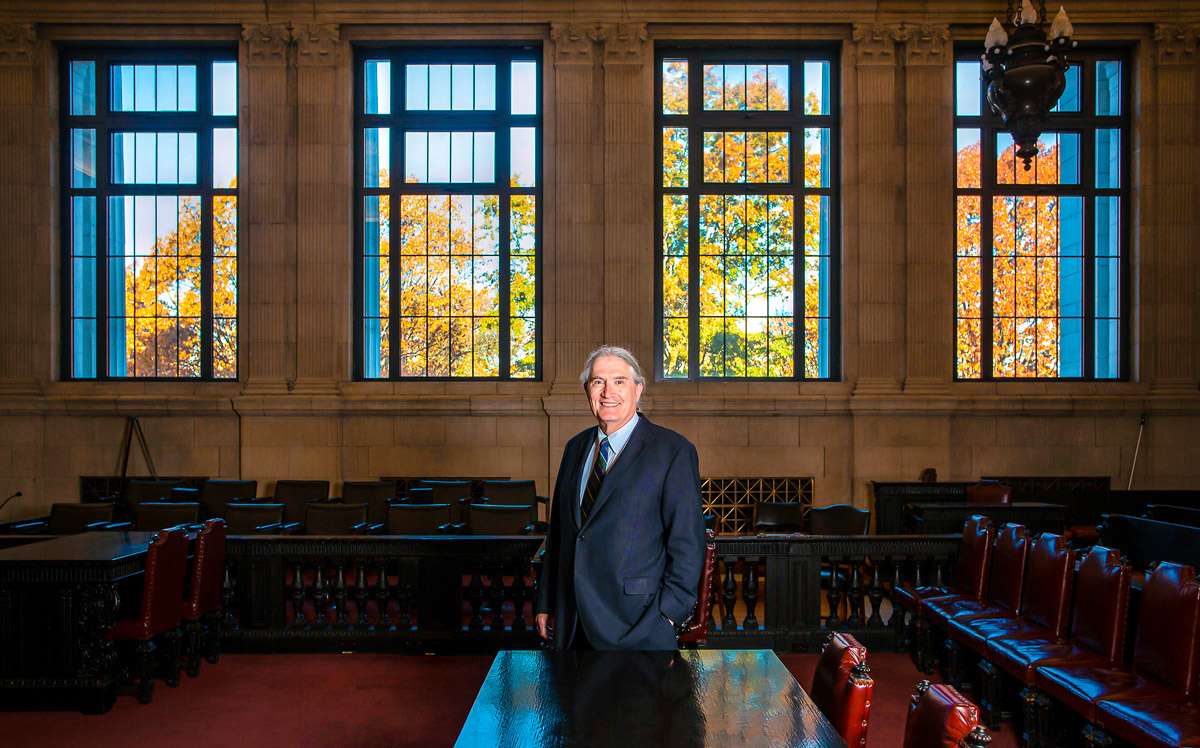






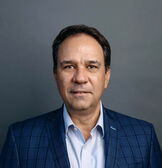







0 Comments